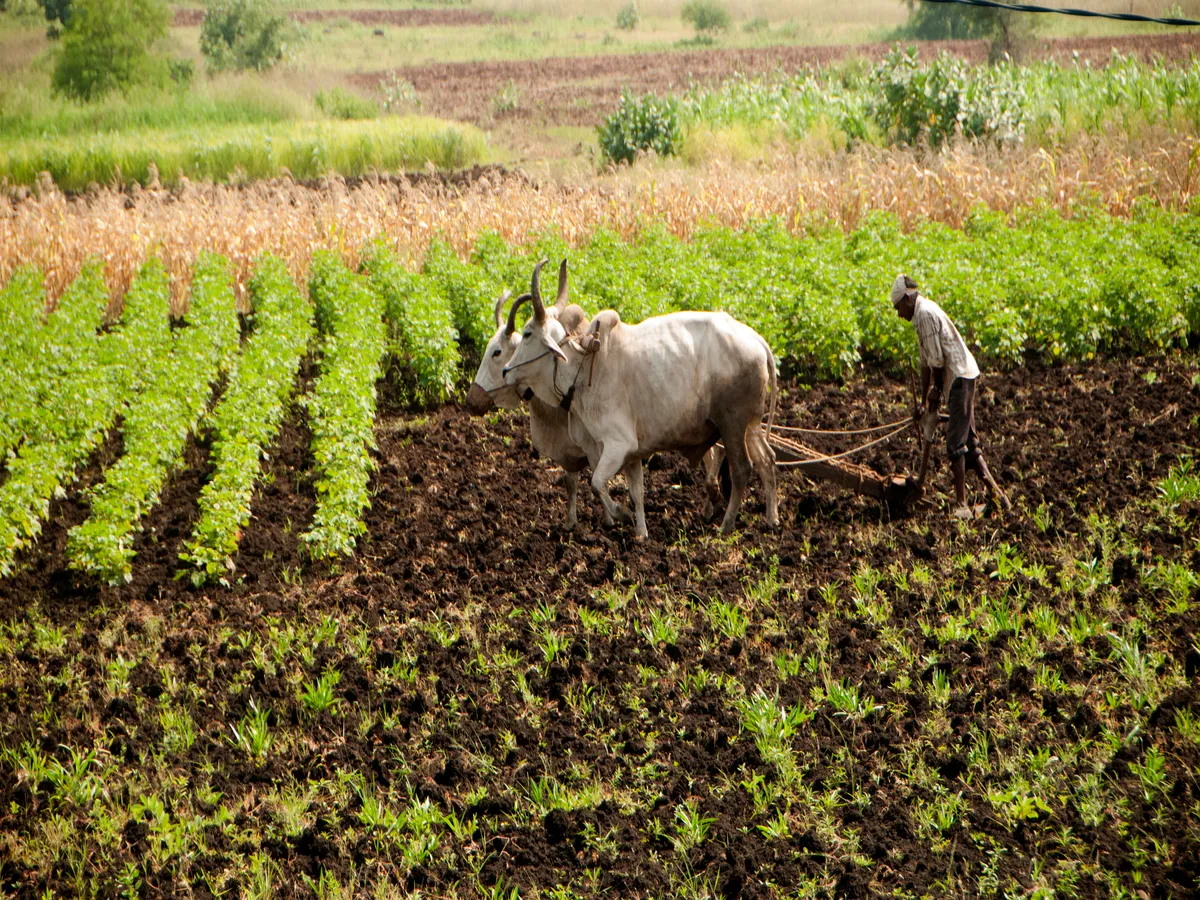Business News
Indian agriculture not in crisis now but requires serious structural transformation, says Economic Survey 2023-24
.png)
3 min read | Updated on July 22, 2024, 19:38 IST
SUMMARY
Increased and fairly distributed affluence in the rural economy may contribute to the much-needed demand for industrial goods, which will accelerate the growth of the manufacturing sector. Therefore, the multiplier effect of agriculture on GDP as a whole is substantially larger than its direct contribution.

Indian agriculture not in crisis now but requires serious structural transformation, says Economic Survey 2023-24
Indian agriculture is not in a crisis now but requires a serious structural transformation because climate change and water criticality loom large in the times to come, according to the Economic Survey 2023-24.
“Agriculture is at the nexus of three of the greatest challenges of the 21st century – sustaining food and nutrition security, adaptation and mitigation of climate change, and sustainable use of critical resources such as water, energy, and land,” the Economic Survey noted.
Yet, agriculture and allied sectors such as horticulture, livestock, fisheries, and dairy and activities such as food processing hold significant potential for gainful employment, it said.
“Given the geopolitical and technological threats that both manufacturing and service sectors face, it makes immense sense to do whatever it takes to realise the latent employment potential in agriculture. It is both urgent and important for India to re-imagine the contours of its primary sector for the next generation,” the Survey said.
Thus, it does not make sense for the government to try and move people away from agriculture to industry and services. Instead, the government should take multiple steps to boost the sector, as it may have an important role to play in India’s physical, food, and economic security.
Besides, increased and fairly distributed affluence in the rural economy may contribute to the much-needed demand for industrial goods, which will accelerate the growth of the manufacturing sector. Therefore, the multiplier effect of agriculture on GDP as a whole is substantially larger than its direct contribution, according to the report.
The report further multiple steps the government can take in the interest of farmers:
(i) Not banning futures or options markets at the first sign of price spikes
The F&O market does not hurt the farmers. Such markets' intelligent regulatory structures can eliminate the need for government intervention in the commodities futures market.
(ii) Invoking export bans only under exceptional circumstances
It is appropriate to let farmers profit from rising global prices. Food export bans must also be announced well in advance to prevent the spread of famine and hunger to other parts of the world.
(iii) Re-examining the inflation-targeting framework
Food prices are essentially targeted by central banks in developing nations when they aim to reduce headline inflation. Therefore, inflation objectives are at risk by rising food prices. As a result, the central bank urges that the government limit the rise in food product prices. Due to this, farmers are unable to gain from an increase in trade terms that is in their favour. The framework for aiming at inflation in India needs to take into account the exclusion of food.
(iv) Increasing the total net irrigated area
Irrigation investments may eliminate the dependency on monsoon to some extent and would increase farmers' income security.
(v) Making farming consistent with climate considerations
Now is the moment to advocate for crop-neutral incentive structures, implying that pulses, oilseeds and millets that help save power and require less water and fertilisers need to be rewarded with equivalent subsidies embedded in rice production.
By signing up you agree to Upstox’s Terms & Conditions
About The Author
Next Story

